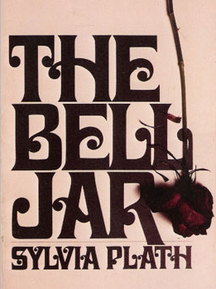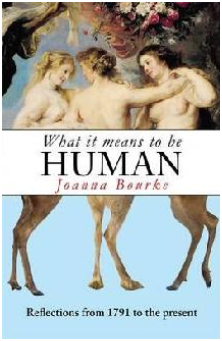 Image: David Shankbone
Image: David Shankbone But somehow it had never appealed. From what I'd read about it it just seemed like one of those painfully tedious exercises in political PR, along the lines of those 'books politicians are taking on holiday' lists. It gave me visions of Cameron/ Clegg/ one of the Milibands grabbing the nearest intern and and haranguing them abut what music they could choose in order to seem with it and 'like, part of the Zeitgeist but not too ridiculous, Are the Arctic Monkeys still cool?'


 RSS Feed
RSS Feed
